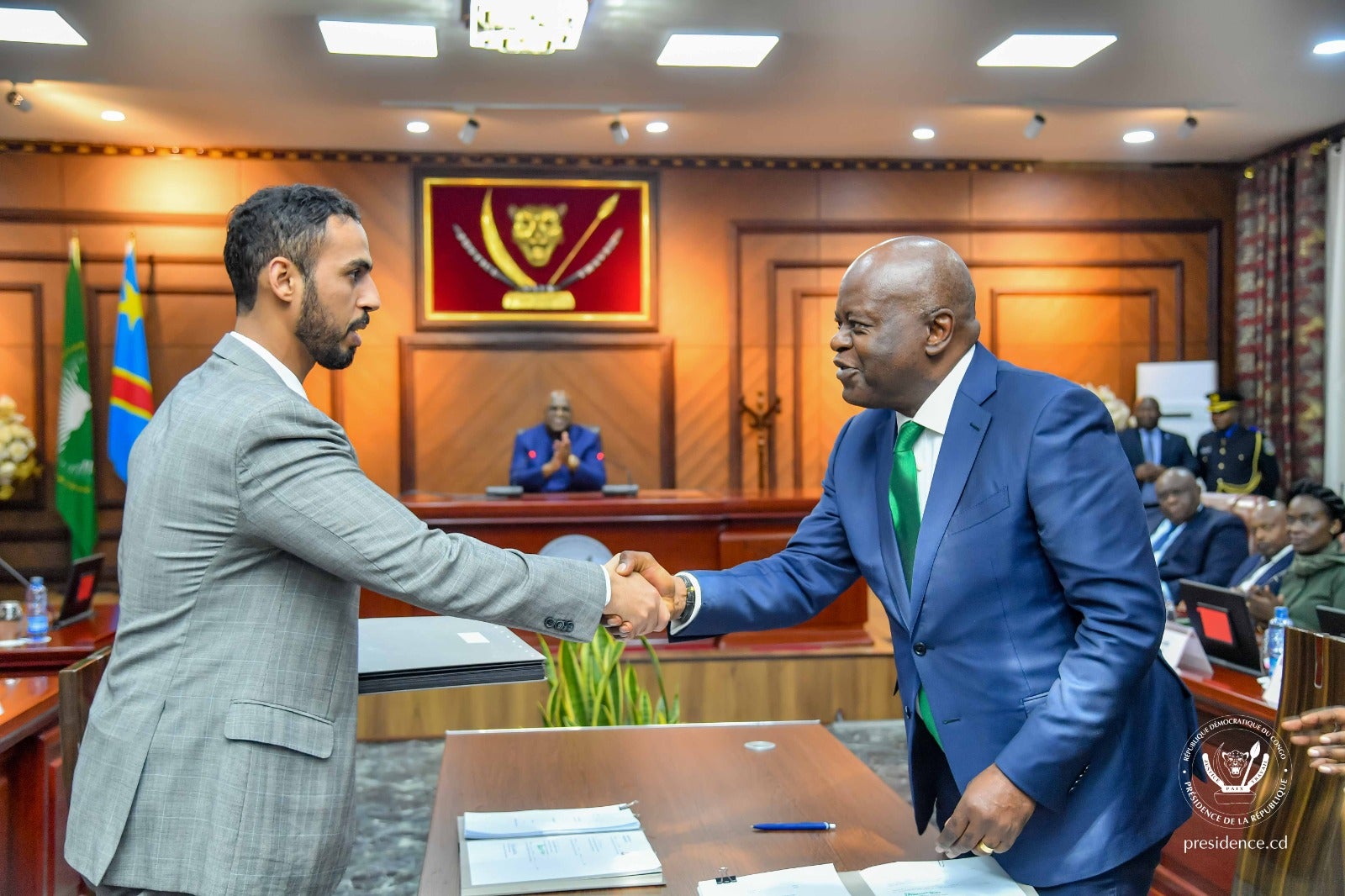
Signed during an official visit to Abu Dhabi by Congolese President Denis Sassou Nguesso, the agreement marks a pivotal moment in the UAE’s growing commercial engagement with Africa. The CEPA will gradually eliminate tariffs on 99.5 per cent of UAE exports and 98 per cent of Congo’s exports over a five-year implementation period. The deal is expected to create substantial openings in key sectors such as agriculture, metals, logistics, construction, oil and gas, and food production.
President Nguesso’s state visit included a meeting with UAE President Sheikh Mohamed bin Zayed Al Nahyan, where discussions spanned trade, investment, energy, technology, and climate change cooperation. Both leaders emphasised the strategic importance of strengthening non-oil trade and advancing shared economic goals under the framework of South-South cooperation.
The CEPA is expected to have a transformative impact on the UAE’s trade with the Central African nation, which is currently modest in absolute terms but exhibits significant growth potential. Non-oil bilateral trade between the UAE and the Republic of the Congo reached nearly $2 billion in 2023. Analysts suggest that liberalising market access, reducing red tape, and enhancing customs procedures under the CEPA will pave the way for exponential trade volume growth over the next decade.
This agreement forms part of the UAE’s broader strategy to position itself as a key trade and investment hub linking Africa, Asia, and Europe. The country has signed a series of CEPAs with African nations, and the Congo accord marks the first with a Sub-Saharan francophone economy. UAE officials say these deals are designed to accelerate the nation’s economic diversification while helping partner countries integrate more deeply into global trade networks.
For the Republic of the Congo, whose economy remains heavily reliant on hydrocarbons, the CEPA offers a rare opportunity to diversify exports, attract foreign direct investment, and modernise infrastructure. Congolese authorities have highlighted the agreement’s potential to strengthen value-added exports in agricultural products, timber, and processed food, as well as its role in supporting the country’s industrialisation ambitions.
The deal also underscores a broader trend in UAE foreign policy that focuses on economic diplomacy and forging strong ties with emerging markets. In 2023, the UAE committed billions in investment pledges across Africa, spanning infrastructure, logistics, digital services, and energy. By deepening trade links with countries like the Republic of the Congo, the UAE is reinforcing its long-term commitment to Africa’s growth trajectory while simultaneously expanding its own economic reach.
Legal and trade experts involved in CEPA negotiations noted that the agreement includes provisions for technical cooperation, regulatory alignment, and sustainable development standards. These frameworks are intended not only to stimulate immediate trade but to support long-term competitiveness and ensure that economic gains are broad-based. The CEPA will also establish joint committees and review mechanisms to monitor implementation and address concerns related to market access and compliance.
There is a strong focus within the CEPA on capacity building and institutional cooperation. Programmes aimed at improving customs interoperability, digital trade facilitation, and standards harmonisation are embedded into the accord. This is seen as especially crucial for the Republic of the Congo, which faces structural trade constraints including underdeveloped transport corridors and limited access to global value chains.
The agreement is part of a broader push by the UAE Ministry of Economy to reach over $1.5 trillion in foreign trade by the end of the decade. With Africa projected to become a $16 trillion economy by 2050, UAE policymakers view deeper trade integration with African nations as essential to sustaining national growth beyond oil.
Observers view the timing of the UAE-Congo CEPA as notable given rising geopolitical competition for influence across the African continent. The UAE’s approach—marked by infrastructure-led investment, concessional finance, and trade liberalisation—is increasingly distinguishing it from other external partners. The Congo agreement may serve as a template for other francophone African economies seeking to diversify partnerships and reduce dependence on traditional trade routes.
On the Congolese side, the agreement comes as the government is seeking to accelerate its post-oil transition. With petroleum exports accounting for over 80 per cent of national revenue, CEPA’s promise of preferential market access for non-oil products is being seen as a vital lever for broader economic reform. Investments in agriculture, agro-processing, and mineral beneficiation are expected to receive a boost, with Emirati investors eyeing joint ventures in high-potential sectors.
The UAE’s growing role as an investor and trading partner in Africa aligns with broader multilateral initiatives, including the African Continental Free Trade Area . By streamlining trade ties at a bilateral level, the UAE is positioning itself as both a facilitator and a beneficiary of Africa’s evolving intra-continental and global trade relationships. The CEPA mechanism complements these efforts, allowing for more targeted cooperation and faster outcomes.
Several UAE-based companies have already signalled their interest in entering or expanding within the Congolese market. These include logistics operators, agri-tech firms, and construction majors that see long-term prospects in Central Africa’s emerging economies. By offering tariff-free access and improved legal safeguards, the CEPA lowers the barriers to entry for these firms while promoting Congolese exports to Middle Eastern and Asian markets.
Topics
Live News
